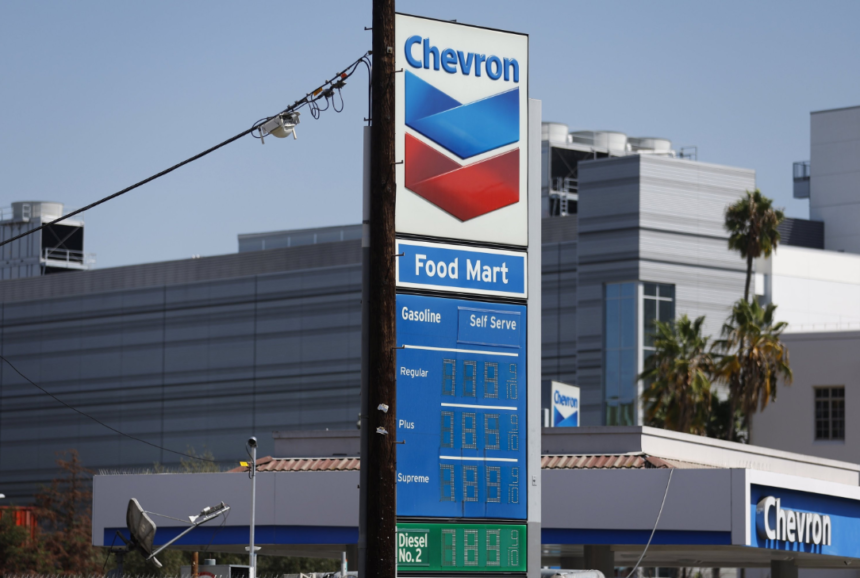Chevron announced on Monday that it had agreed to buy Hess for $53 billion in shares, the second proposed mega-merger among the largest US oil companies after Exxon Mobil bid $60 billion for Pioneer Natural Resources earlier this month.
The planned merger puts Chevron, the No. 2 U.S. oil and gas producer after Exxon, in direct rivalry with its larger rival to develop drilling in emerging producer Guyana. The transaction also reflects Chevron’s intention to continue increasing investments in fossil fuels as oil demand remains robust and large producers employ purchases to refill inventory after years of underinvestment.
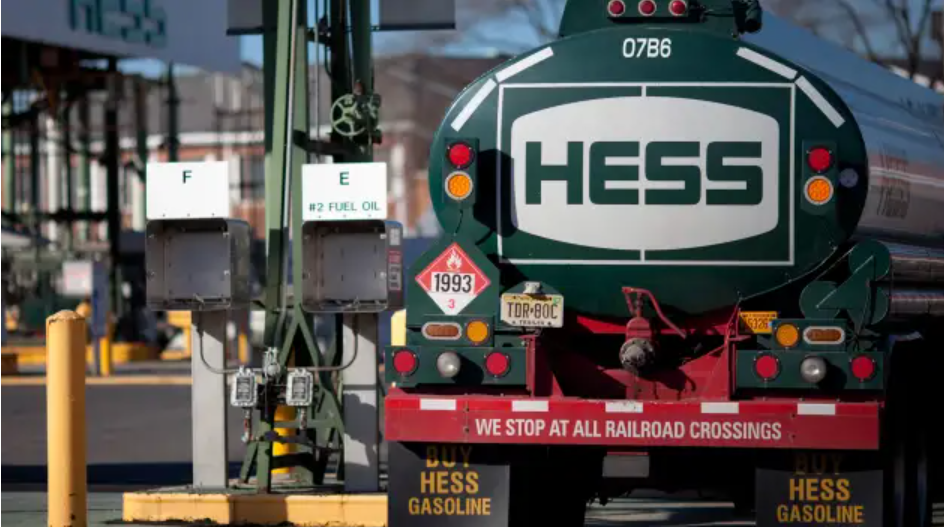
Chevron has offered 1.025 shares for each Hess share owned, or $171 per share, representing a 4.9% premium to the stock’s previous price. The total deal value, including debt, is $60 billion. Chevron’s stock was down 3% in premarket trade. RBC analysts were startled by the timing of the deal and anticipated the business to wait after Exxon’s massive deal for Pioneer.
Following massive discoveries in recent years, Guyana has emerged as a major oil producer, ranking third in Latin America next to Brazil and Mexico. Exxon and its partners Hess and China’s CNOOC are the country’s sole active oil producers. Their projects are estimated to produce 1.2 million barrels of oil per day by 2027.
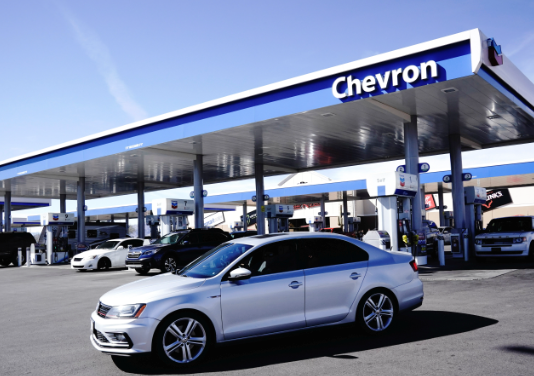
When the purchase concludes in the first half of 2024, Hess Corp CEO John Hess is scheduled to join Chevron’s board of directors. According to the firms, the merged company will grow output and free cash flow quicker and for a longer period of time than Chevron’s present five-year plan.
They stated that after the transaction is completed, it plans to boost its share repurchase program by $2.5 billion to the top of its $20 billion annual range, as a demonstration of confidence in future energy prices and cash creation.
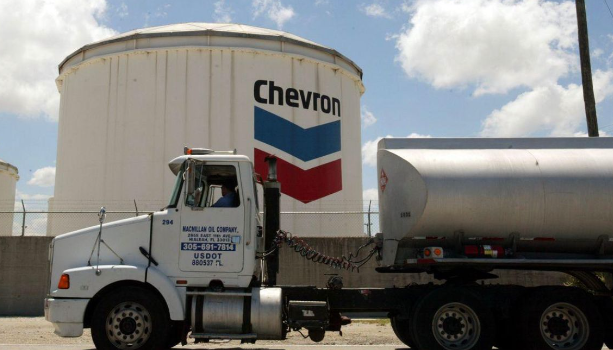
Also Read: Already, The Housing Market Was Harsh, Ugly, And Tense, The 8% Mortgage Rate Has Returned
Chevron Corporation
Chevron firm is a global American energy firm that primarily focuses on oil and gas. It is the second-largest direct descendent of Standard Oil, initially known as the Standard Oil Company of California (reduced to Socal or CalSo), and is based in San Ramon, California, with operations in over 180 countries. It is vertically integrated in the oil and gas industry, with operations in hydrocarbon exploration, production, refining, marketing and transportation, chemical manufacturing and sales, and power generation.
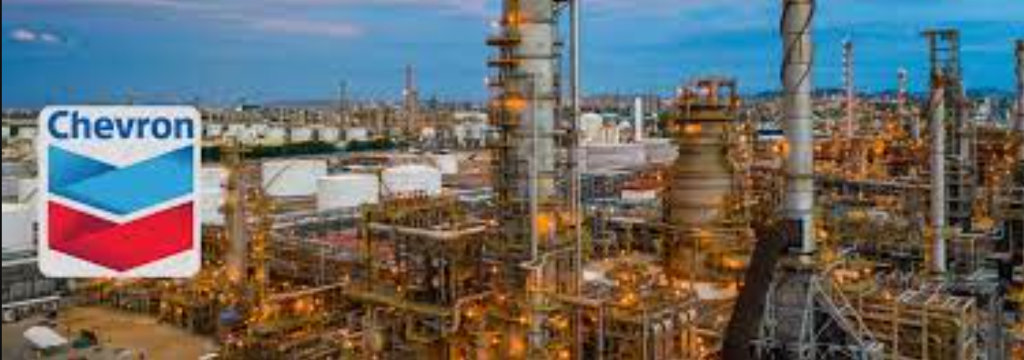
It’s origins dates back to the 1870s, when tiny California-based oil companies were purchased by Standard and amalgamated into Standard Oil of California. After the dissolution of Standard Oil, the firm grew swiftly on its own by continuing to purchase companies and partner with others both inside and outside of California, eventually becoming one of the Seven Sisters that dominated the worldwide petroleum industry from the mid-1940s to the 1970s. Socal amalgamated with Gulf Oil of Pittsburgh in 1985 and rebranded as Chevron; the newly consolidated business then merged with Texaco in 2001.
Chevron now produces and sells fuels, lubricants, additives, and petrochemicals principally in Western North America, the United States Gulf Coast, Southeast Asia, South Korea, and Australia. In 2018, the company produced 791,000 barrels of net oil-equivalent per day on average in the United States.
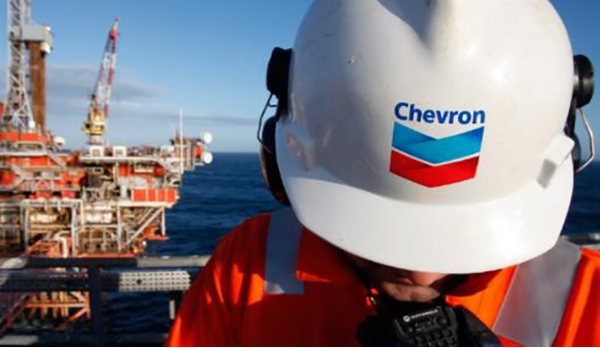
This is one of the world’s largest corporations, and the second largest oil company based in the United States by revenue, trailing only fellow Standard Oil descendent ExxonMobil. In 2023, Chevron was rated tenth on the Fortune 500. Since ExxonMobil’s departure from the Dow Jones Industrial Average in 2020, the company is also the Dow’s last surviving oil and gas component.
Chevron has been involved in a number of controversies arising from its operations, the most notable of which are allegations of Chevron and Texaco collectively dumping 18 billion tons of toxic waste and spilling 17 million gallons of petroleum in the Lago Agrio oil field. Chevron and Texaco’s actions were the subject of a lawsuit Chevron lost to Ecuadorian people, which Steven Donziger defended in Ecuadorian court. Chevron was accused by environmentalists and human rights groups of jailing Donziger and pushing the US government to deny Donziger due process of law due to suspicions of Donziger bribing the Ecuadorian court and the consequent disbarment and criminal contempt proceedings against Donziger.
Click here to know more about Chevron.
Also Read: Silicon Valley Ignores News, Shaking An Unstable Industry
Image source: google







